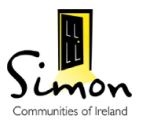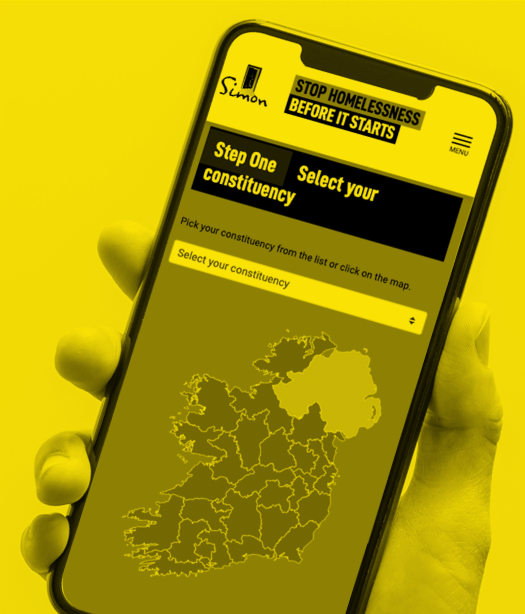Despite ‘re-classification’ of figures, the numbers have still increased
The Simon Communities in Ireland said that despite the Government’s ‘reclassification’ of people in emergency accommodation, the upwards trend continues. The numbers accessing emergency accommodation in the latest report from the Department of Housing, Planning and Local Government has increased to 9,698 people.
The total number increased to 9,698 men women and children, an overall of 16% from 8,374.
1,753 families are living in emergency accommodation, an increase of 20% since September 2017 when the figure was 1,455 families.
3,829 children are trapped in emergency accommodation, an increase of 23% when compared with September 2017 when the figure was 3,124 children.
Niamh Randall, Spokesperson for the Simon Communities, says that it is extremely worrying to see that adult, family and child homelessness figures all increased.
‘9,698 people are living in a very stressful situation with no certainty about their future. Without an accessible private rental sector or social housing, people have nowhere to go if they cannot afford to rent. They are trapped and there is no way out for them. Where can they go? These figures don’t include rough sleepers or those in squats, women and children in refuges, those is direct provision or people who are ‘hidden homeless’; those staying with family or friends as they have nowhere else to go.’
‘There is confusion on the re-categorisation of households which the Department of Housing, Community and Local Government acknowledge have been removed from the figures. It appears as that at least 1,600 people from the figures since last February. If people are living in apartments or houses, paid for by Section 10, in a temporary arrangement and without a tenancy they should be included in these numbers. The monthly numbers published are based on work agreed by the National Homeless Consultative Committee (NHCC) Data Sub Committee. But with this change we are no longer comparing like with like in terms of previous report methodology.’
Niamh Randall, Spokesperson for the Simon Communities said that things on the ground are getting worse.
‘The numbers of people that the Simon Communities all around the country are working with are increasing dramatically year on year. Our Communities are doing all they can working with our voluntary and statutory partners to house and support people who have been impacted by the housing and homelessness crisis.’
The Simon Communities deliver support, housing, homeless and treatment services to over 11,000 people and families who experience or are at risk of homelessness on an annual basis.
For media queries and interview requests
Helen McCormack
Tel: 01 671 1606/ 085 806 5141
E: communications@simoncommunity.com
About Simon Communities
The Simon Communities support over 11,000 men, women and children. We have almost 50 years of experience providing homeless, housing and treatment services to people facing the trauma and stress of homelessness. We are a network of independent Communities based in Cork, Dublin, Dundalk, Galway, the Midlands, the Mid West, the North West and the South East, responding to local needs and supported by a National Office in the areas of policy, research, communications and best practice. We share common values and ethos in tackling homelessness and, informed by our grassroots services, we campaign for more effective policies and legislation regionally, nationally and at European level. Whatever the issue, Simon’s door is always open for as long as we are needed. For more information, please log on to www.simon.ie
Services include:
- Homelessness prevention, tenancy sustainment and resettlement.
- Street outreach, emergency accommodation and harm reduction.
- Housing with support and Housing First services.
- Homeless specific health and wellbeing services (counselling; addiction treatment and recovery; and mental health supports).
- Personal development, education, training and employment services.
- Foodbanks, drop-in centres and soup runs.


